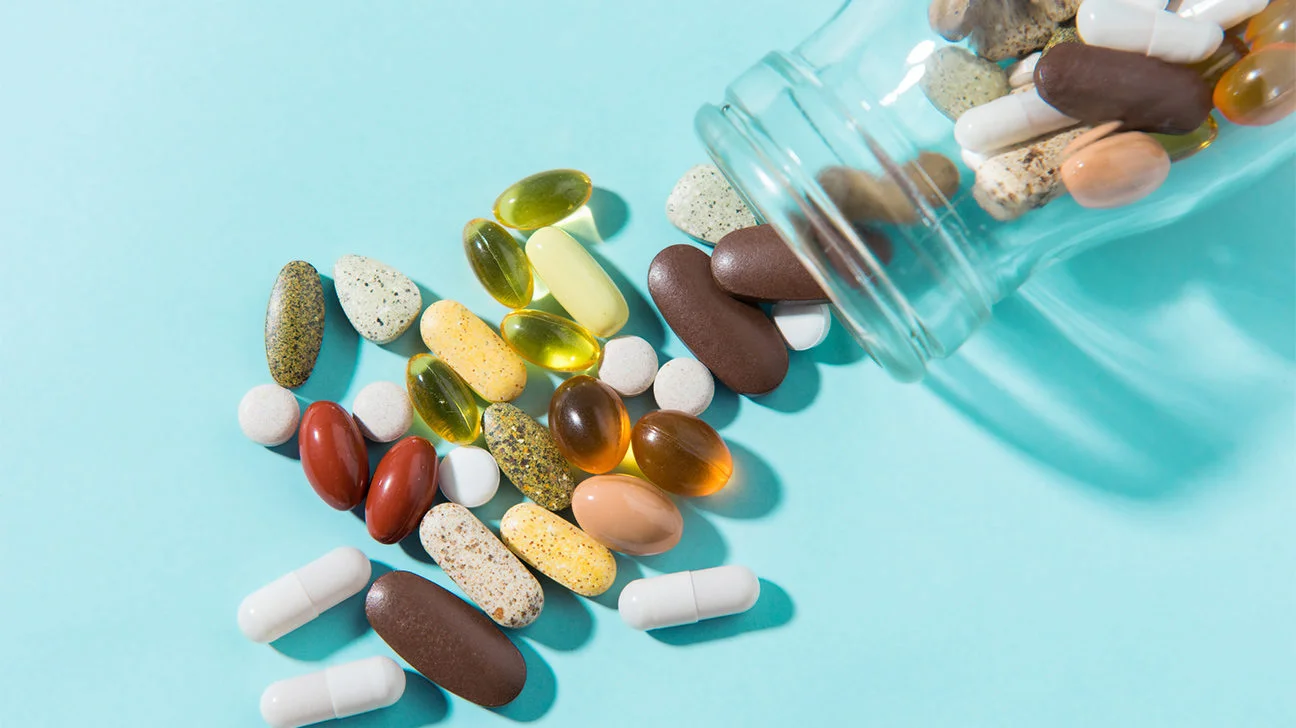Menopause marks a significant transition in a woman’s life, often accompanied by various physical and emotional changes. One common issue that many women face during this period is joint pain. This discomfort can stem from hormonal fluctuations, particularly the decline in estrogen levels, which plays a crucial role in maintaining joint health. Fortunately, several supplements can help alleviate menopause-related joint pain. This article explores the eight best supplements for menopause joint pain, providing a comprehensive overview of their benefits, mechanisms, and considerations.
Understanding Menopause and Joint Pain
Joint pain during menopause can manifest in various ways, including stiffness, swelling, and reduced mobility. This discomfort may be exacerbated by factors such as weight gain, decreased physical activity, and aging. Understanding the underlying causes of joint pain during menopause is essential for effective management.
1. Omega-3 Fatty Acids
Benefits of Omega-3s
Omega-3 fatty acids are essential fats that have anti-inflammatory properties. They can help reduce joint pain and stiffness associated with menopause by decreasing inflammation in the body.
Mechanism of Action
Omega-3s work by inhibiting the production of inflammatory substances in the body. They also promote the production of anti-inflammatory compounds, which can help alleviate joint discomfort.
Sources and Dosage
Sources: Fatty fish (such as salmon and mackerel), flaxseeds, chia seeds, and walnuts.
Dosage: A typical dosage ranges from 1,000 to 3,000 mg per day.
2. Glucosamine and Chondroitin
Benefits of Glucosamine and Chondroitin
These two supplements are often combined to support joint health. They may help reduce pain and improve joint function by promoting cartilage repair and reducing inflammation.
Mechanism of Action
Glucosamine is a natural compound found in cartilage that helps maintain its structure. Chondroitin works alongside glucosamine to provide cushioning in the joints.
Sources and Dosage
Sources: Available as supplements in capsule or powder form.
Dosage: Commonly recommended dosages are 1,500 mg of glucosamine and 1,200 mg of chondroitin per day.
See also: Menopause Joint Pain: Understanding and Addressing with Supplements
3. Turmeric (Curcumin)
Benefits of Turmeric
Turmeric contains curcumin, a powerful anti-inflammatory compound that may help alleviate joint pain associated with menopause.
Mechanism of Action
Curcumin works by blocking inflammatory pathways in the body and reducing oxidative stress. Its antioxidant properties contribute to overall joint health.
Sources and Dosage
Sources: Available as a spice or in supplement form (capsules or tablets).
Dosage: A common dosage is 500 to 2,000 mg of curcumin per day.
4. Vitamin D
Benefits of Vitamin D
Vitamin D is essential for bone health and may help reduce joint pain by improving calcium absorption and supporting overall musculoskeletal health.
Mechanism of Action
Vitamin D aids in maintaining bone density and strength, which can be compromised during menopause due to hormonal changes.
Sources and Dosage
Sources: Sun exposure, fortified foods (such as dairy products), fatty fish, and supplements.
Dosage: The recommended daily allowance is 600 to 800 IU; however, some individuals may require higher doses based on blood levels.
5. Calcium
Benefits of Calcium
Calcium is crucial for bone health and can help prevent osteoporosis—a condition that increases the risk of fractures during menopause.
Mechanism of Action
Calcium supports bone density and strength, reducing the risk of fractures associated with weakened bones during menopause.
Sources and Dosage
Sources: Dairy products (milk, yogurt), leafy greens (kale, broccoli), fortified foods, and supplements.
Dosage: The recommended daily intake is 1,000 mg for women aged 50 and under; women over 50 should aim for 1,200 mg per day.
6. Boswellia Serrata
Benefits of Boswellia Serrata
Boswellia serrata is an herbal extract known for its anti-inflammatory properties. It may help reduce joint pain associated with menopause.
Mechanism of Action
Boswellia works by inhibiting inflammatory enzymes in the body, leading to reduced swelling and pain in the joints.
Sources and Dosage
Sources: Available as capsules or topical creams.
Dosage: A common dosage is 300 to 500 mg taken two to three times daily.
7. Magnesium
Benefits of Magnesium
Magnesium plays a vital role in muscle function and can help alleviate muscle cramps associated with joint pain during menopause.
Mechanism of Action
Magnesium helps regulate muscle contractions and relaxations while also supporting nerve function. Adequate magnesium levels can reduce muscle tension around joints.
Sources and Dosage
Sources: Nuts (almonds), seeds (pumpkin seeds), whole grains, leafy greens, and supplements.
Dosage: The recommended daily allowance is 310 to 320 mg for women; some individuals may require higher doses based on dietary intake.
8. Collagen
Benefits of Collagen
Collagen is a protein that provides structure to joints, tendons, ligaments, and cartilage. Supplementing with collagen may improve joint health during menopause.
Mechanism of Action
Collagen supplementation can enhance cartilage repair processes while reducing joint pain through its anti-inflammatory effects.
Sources and Dosage
Sources: Available as powders or capsules derived from animal sources or marine sources.
Dosage: A typical dosage ranges from 10 to 15 grams per day.
Conclusion
Managing joint pain during menopause is crucial for maintaining an active lifestyle and overall well-being. The eight supplements discussed—Omega-3 fatty acids, glucosamine and chondroitin, turmeric (curcumin), vitamin D, calcium, boswellia serrata, magnesium, and collagen—offer various benefits that can significantly alleviate discomfort associated with this transitional phase. Women experiencing menopausal symptoms should consult healthcare professionals before starting any new supplement regimen to ensure safety and effectiveness tailored to their individual needs.
Related topics:
The Best Curcumin Supplements for Menopause Relief: A Comprehensive Guide
Benefits of Natural Supplements for Women During Perimenopause


